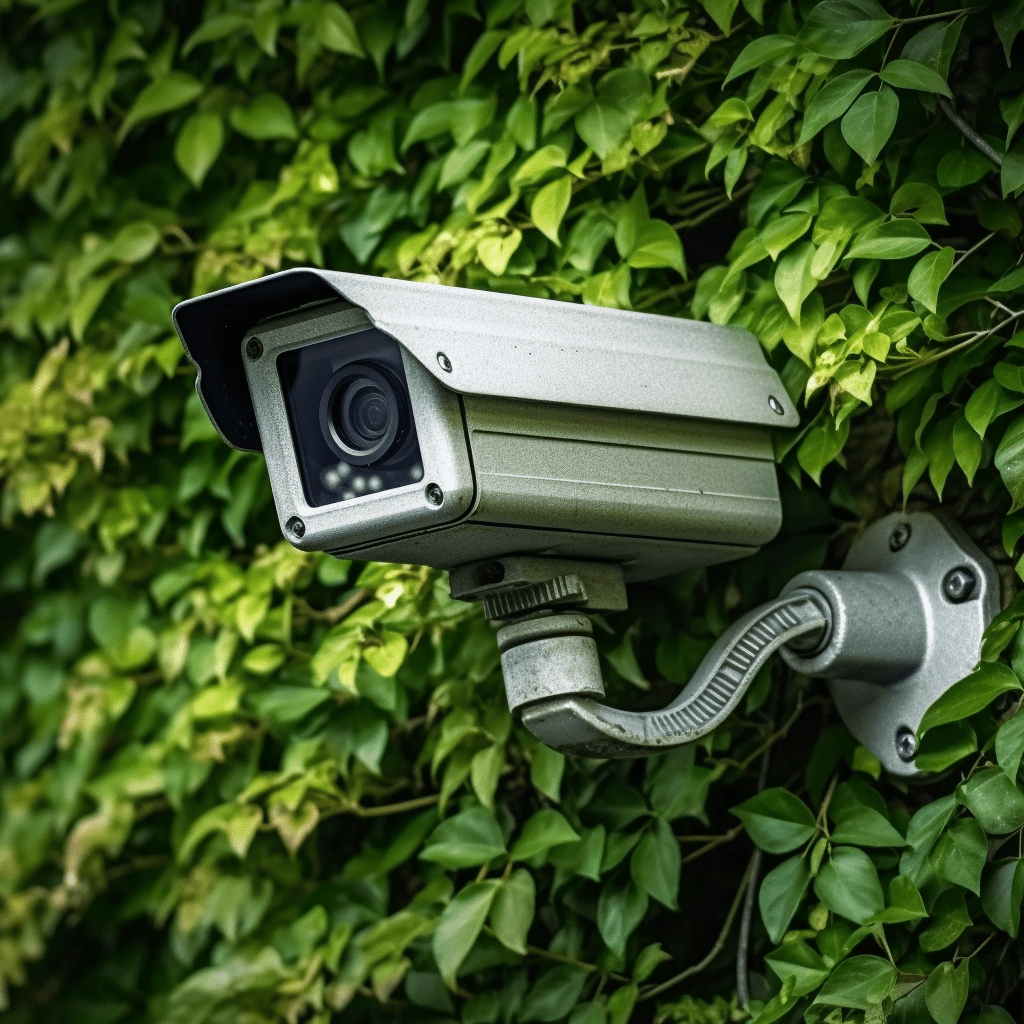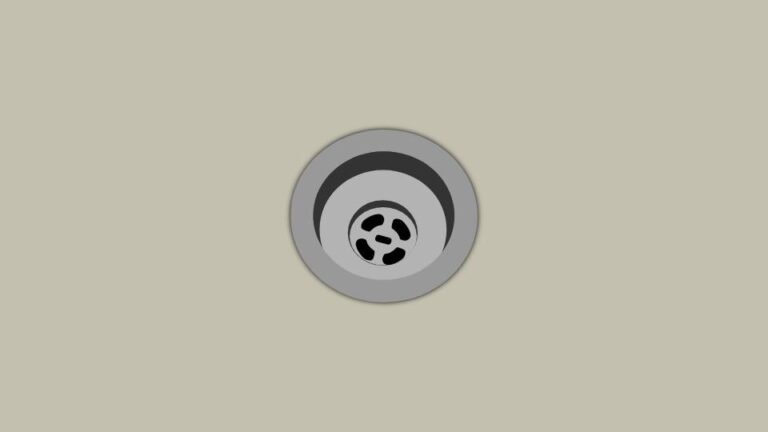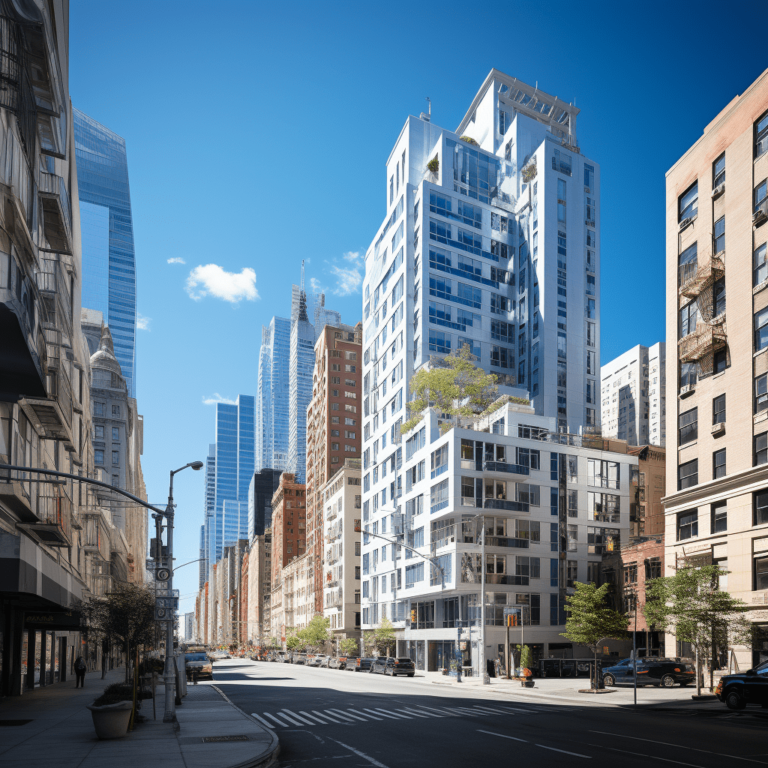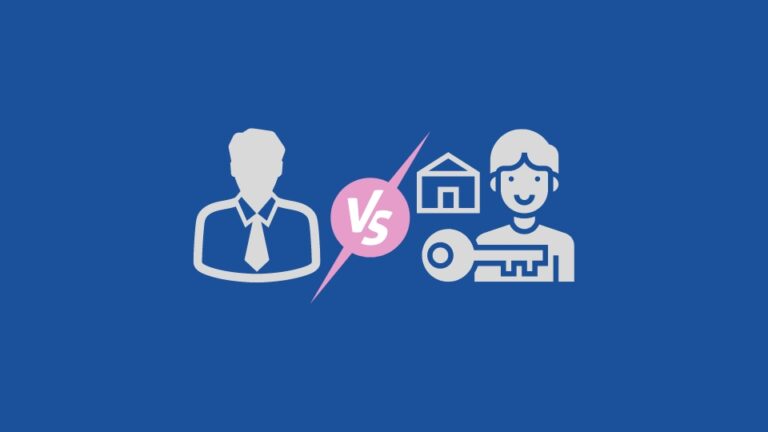Can A Landlord Have Cameras Outside the House?
TLDR
In general, landlords can legally install security cameras outside the house in common areas like entrances or parking lots. However, they must respect tenants’ privacy, adhere to local laws, and communicate clearly about the presence, locations, and purpose of the cameras. Misplacement or misuse of cameras can lead to legal issues and tenant discomfort. To maintain a balance between safety and privacy, landlords should use security cameras responsibly and transparently. Always consult a legal professional for specific situations.
In today’s tech-savvy world, surveillance is essential to ensuring safety and security, particularly in real estate. The question often arises: “Can a landlord have cameras outside the house?” The answer is nuanced, and this article aims to explore this topic thoroughly, taking into account legal considerations, privacy rights, and ethical implications.
Security cameras have been touted as a potent tool in deterring crime and ensuring property security. But when does security surveillance cross the boundary into privacy invasion? This is a grey area in the realm of landlord-tenant relationships, and understanding the legal and ethical constraints is essential for both parties.

The Legality of Security Cameras Outside Rental Properties
Generally, landlords have the right to install security cameras in common areas for safety purposes. These areas can include parking lots, building entrances, laundry rooms, and exterior areas like the yard or walkways. However, specific laws and regulations can vary from state to state, country to country. As such, it is crucial for landlords to research and understand the local laws and regulations that pertain to surveillance.
Security cameras should never invade a tenant’s reasonable expectation of privacy. Therefore, cameras that peek into windows, for example, are considered intrusive and are usually illegal.
The Importance of Transparency and Consent
Even if the law allows landlords to install cameras, transparency and obtaining tenant consent can prevent many disputes. Landlords should inform tenants about the surveillance measures in place, including the number and location of cameras and their purpose.
Adding a clause about security cameras in the lease agreement can ensure clear communication. This educates the tenants about security measures and allows them to express concerns.
Ethical Considerations of Using Security Cameras
Beyond the legal aspects, ethical considerations are equally important when landlords decide to install cameras. Unnecessary surveillance can create a hostile living environment, eroding trust between the landlord and the tenant. Landlords should strive to balance the need for security with respecting their tenant’s privacy.
The Right Way to Use Security Cameras
When used correctly, security cameras can provide numerous benefits to landlords. Cameras can deter potential trespassers, vandals, or thieves, thereby protecting the property and the tenants.
If you’re a landlord considering installing security cameras, here are a few best practices:
- Clear Communication: Keep your tenants informed about the cameras’ presence, locations, and the reasons for their installation.
- Appropriate Placement: Place cameras in areas where safety may be concerned, like entrances, parking lots, or communal spaces. Never place cameras in areas where tenants have an expectation of privacy.
- Legal Compliance: Ensure you comply with all local laws and regulations regarding surveillance.
- Data Protection: Follow all necessary data protection measures to ensure the footage captured isn’t misused.
Wrapping Up
To sum up, a landlord can have cameras outside the house. However, the use of such cameras should be within legal boundaries, considerate of tenants’ privacy rights, and transparently communicated. With the right approach, security cameras can serve as a valuable tool to maintain the safety and security of rental properties without infringing on tenants’ rights.
While this article provides a general guide, specific situations may require legal advice. Always consult with a legal professional if you’re unsure about the legality of surveillance in your rental properties.
As the dialogue around surveillance continues to evolve, understanding and respecting the delicate balance between security and privacy will remain of utmost importance for landlords and tenants alike.
If you’re interested in conducting further research, here are some useful references that align with the subject matter:
- U.S. Department of Justice – Privacy and Surveillance Laws
- National Conference of State Legislatures – Security Deposit Laws
- American Civil Liberties Union – Surveillance under the PATRIOT Act
Remember, the laws and regulations about surveillance cameras in rental properties can vary significantly from region to region, so it’s important to consult local laws or a legal professional.

Written by Anastasia Gaido
Anastasia Gaido, an esteemed figure in the Barrie, Ontario real estate market, boasts an impressive 14-year career. She’s a master at her craft, specializing in residential properties, and has consistently achieved record-breaking sales. Her stellar performance has won her numerous awards, including multiple recognitions for selling the most houses in Barrie. Anastasia’s deep market knowledge, unmatched dedication, and exceptional negotiation skills have made her a preferred choice for clients, solidifying her reputation as a real estate powerhouse.






